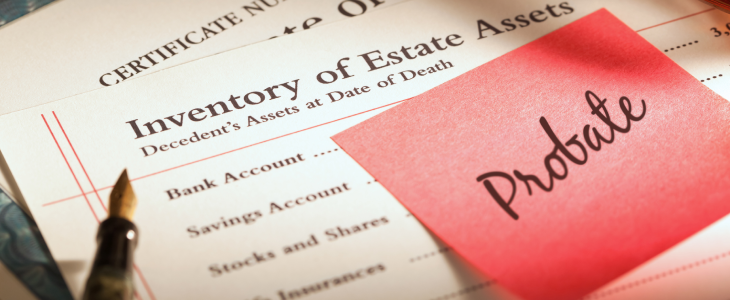Executing a last will and testament is the best way to protect your family after your passing and ensure that your estate is distributed as you would want. Of course, for one reason or another, not everyone takes this step. The decedent’s estate will still need to undergo a process known as probate to ensure that the estate is properly settled.
Perhaps you are a personal representative of the estate or a relative of the deceased, and you would like to understand better how probate works in Florida when there is no will. Count on the Law Office of Angela Siegel. We are ready to put our considerable legal experience to work for you and your family during this difficult time.
Understanding Probate
When an individual dies, someone must identify and organize the assets that belonged to that person (the decedent) in order to pay the estate’s taxes and debts and distribute remaining property among heirs. This process, which the court supervises and directs, is known as probate.
Probate exists to ensure that the decedent’s last will and testament, if they had one, is valid. The will essentially directs the personal representative what to do, and the court ensures it is carried out while also dealing with objections (if they arise) to the validity of the will. If the decedent died without having executed a will, this is known as dying intestate and will subject the estate to a probate process guided largely by Florida statutory law.
Dying Intestate and Florida Probate
A few examples illustrate how the probate court ultimately dispenses with estate assets that remain after debts and other expenses are paid:
- The decedent left behind a spouse but no living descendants: The surviving spouse receives all of whatever is left of the estate assets.
- The decedent left behind a spouse, at least one descendant shared with the spouse, and the spouse has no other living descendants: The surviving spouse also receives everything.
- The decedent left behind a spouse and descendants who are not the lineal descendants of the spouse: The spouse receives one-half of the estate assets.
- The decedent was not married at the time of death but left behind descendants: Those descendants will share portions of the remaining estate assets. If one of the decedent’s children died before the decedent did, but that child has surviving descendants, they will inherit what the deceased child would have inherited.
- The decedent was not married at the time of death and had no descendants: Estate assets will pass to the decedent’s surviving parents. If no parents are still living, the assets will pass to the decedent’s surviving siblings.
- The decedent was not married, had no descendants, and had no surviving parents or siblings: The Florida probate court will identify more remote heirs and distribute the assets to them.
The Basic Steps of Intestate Probate
This is a list of the basic steps that occur when someone dies without a will in Florida:
- A beneficiary of the estate, or someone who wants to serve as the estate’s personal representative, files a petition for administration in court to formally open probate
- The court appoints a personal representative of the estate
- The personal representative identifies, secures, and values (e.g. appraises) assets of the decedent’s estate
- The representative notifies estate creditors in accordance with Florida law, which generally allows creditors three months to file their claims against the estate
- The representative pays valid debts and taxes of the estate
- As needed, the court holds hearings concerning disputes over creditors’ claims
- Any assets remaining after the estate’s debts, taxes, and expenses are paid get distributed to heirs as stated above
- Probate is formally ended, and the estate is closed
Questions About Probate or Wills? Turn to Us For Answers
Probate can be expensive, time-consuming, and confusing, especially if someone fails to leave behind a will or has complex estate assets. If you want to know more about probate or take the steps necessary to execute a will, contact the Law Office of Angela Siegel. We can also help you explore ways to avoid or minimize probate so you can pass on more of your property to your heirs.


